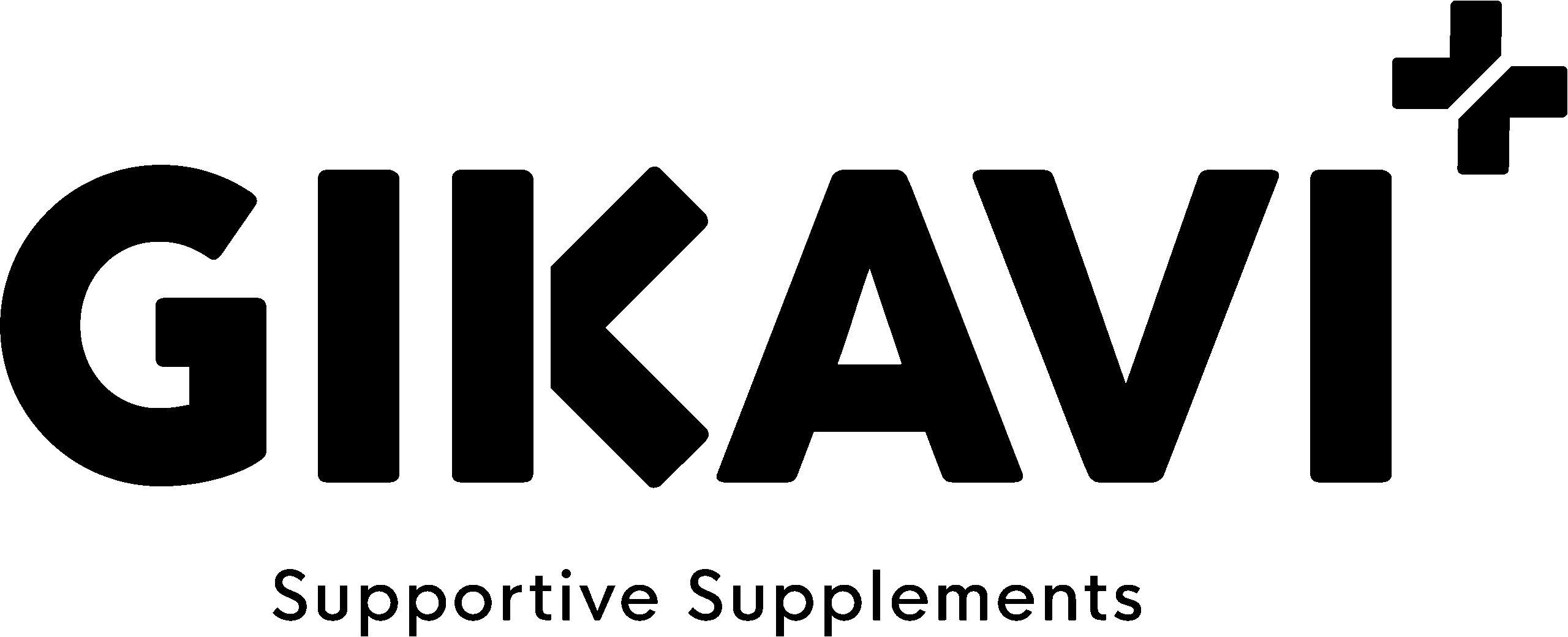Scientific research overview: nutrition relating to digestive cancer
An abundance of research exists in the field of nutrition and digestive cancer surgeries, including the gastrectomy, esophagectomy, and pancreatoduodenectomy. Malnutrition and its associated complications are a considerable issue for surgical patients with digestive cancer surgeries. Poor nutritional status combined with delayed or inadequate post-operative nutrition practices are associated with worse clinical outcomes. (1) Furthermore, research shows that almost one-fourth of digestive cancer patients are in a risk for life because of the consequences of malnutrition, rather than the cancer itself. (2)
Research shows that 78% of the individuals have at least one deficiency after surgery and 40% at least two. Iron, vitamin B12, vitamin D, vitamin A, and ferritin are the most common deficiencies after a digestive surgery. For example, a study on the nutritional levels for patients after an esophagectomy or gastrectomy showed that 43% of the patients had a ferritin deficiency and 37% had a vitamin D deficiency. (3) Another study specifically on patients after a pancreatoduodenectomy showed that 40% of the patients had both an iron and vitamin D deficiency, while 21% had a vitamin A deficiency. (4)
On top of these common nutrient deficiencies, vitamin E, K and zinc deficiencies also occur very often. (3)
Consequences of nutrition deficiencies
The common nutrient deficiencies after a digestive cancer surgery can have serious effects on the patient’s wellbeing and quality of life. For example, iron and ferritin deficiencies can cause tiredness and dizziness, in addition to anemia, especially for the elderly. Deficiency in vitamin D can lead to osteoporosis, or the weakening of bones. On the other hand, vitamin B12 deficiency can cause nerve damage, extreme tiredness, and pain and inflammation in the mouth and tongue. Furthermore, vitamin A deficiency is known to cause night blindness and a weaker immune system, resulting in infections in the stomach and airways.
Nutrition supplementation
Nutrition intervention is a vital step in post-digestive cancer treatment. The benefits of nutritional intervention for patients after a digestive surgery are several and significant. With nutritional supplementation, research shows that the vital nutrient levels can improve significantly, up to safe levels. (5) With improved nutrient levels, the patients also experience improved quality of life, physical function, and the outcome of the cancer treatment as a whole. (2)
Research on Gikavi Supportive Supplements
In order to further expand research on the effectiveness of nutritional supplements after a digestive cancer surgery, the Zuyderland MC is conducting an independent clinical trial on this topic. Specifically, the Zuyderland MC is testing the effectiveness of the tailormade Gikavi supplements on improving the nutritional levels for patients that underwent esophagectomy or (partial) gastrectomy. The clinical trial is conducted by measuring key micronutrient levels in patients at the baseline, in addition to 6, 12, and 24 months after the beginning of intake of Gikavi supplements. Furthermore, the impact of Gikavi supplementation on the prevalence of exocrine pancreatic insufficiency, diarrhea, steatorrhea, and bloating are measured during the course of the clinical trial. The specific supplements used in the clinical trial are Gikavi’s Multi-E and Multi-G.
You can find further information on the clinical trial from here.
On the other hand, the Erasmus University Medical Center is conducting a comparable study on the effect of Gikavi supplements on the nutritional levels in patients that underwent a pancreatoduodenectomy. The Erasmus University Medical Center is one of the largest and most authoritative scientific University Medical Centers in Europe.

